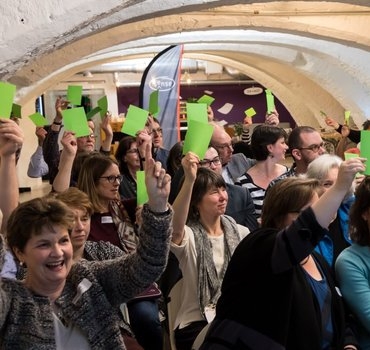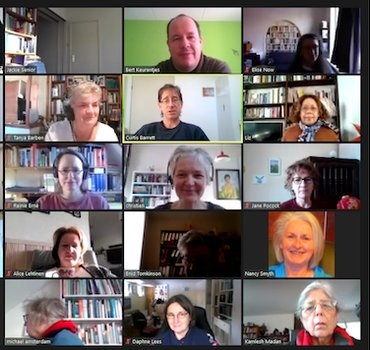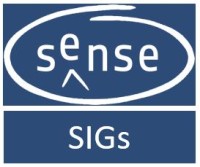UniSIG Meeting: The plagiarism allegations against ex-Harvard president explained
Our speaker, Barcelona resident Mary Ellen Kerans, is a manuscript editor and translator and co-founder of Mediterranean Editors and Translators.
In a 2010 article in European Science Editing she and Marije de Jager described how copy editors who find plagiarism can intervene “without destroying the author” — a goal set by the World Association of Medical Editors (WAME).
Here’s what she says about this upcoming UniSIG meeting:
“How we talk to authors about plagiarism has concerned me ever since “text recycling” popped up during the first meeting of MET. That same year, journal editors on the WAME online forum were realizing how much textual plagiarism (including duplicate papers) they were publishing. The WAME discussions introduced me to Miguel Roig, whose memorable plenary talk on the state of plagiarism research at METM06 left us an important take-away message: that many university professors held undergraduate students to higher standards than they followed themselves.
Those university professors, I thought, were also the ones supervising PhD writing and co-authoring manuscripts like many of those we edit. Therefore, it needn’t surprise us that plagiarism can be found in work done by a generation of scholars writing from the 90s onward —even in a Harvard president’s papers.
But what about the specifics of Claudine Gay’s case as reported by the press? How serious was the “plagiarism” (properly speaking, the “similarities”) flagged by software? Were the similarities interpreted properly by people well-versed in her discipline and familiar with the genres of her publications? And for that matter: was she in fact “ousted for plagiarism”?
I’ll show some excerpts from the similarity findings in Gay’s papers and discuss how I interpret them. Knowing how to make sense of “similarity” is always relevant to editing but it’s especially important now that plagiarism detection software is being weaponized for political gain.”
Registration for this Zoom meeting will close on Thursday 1 February at 18:00, and the link to the Zoom meeting will be emailed to all those who registered.







